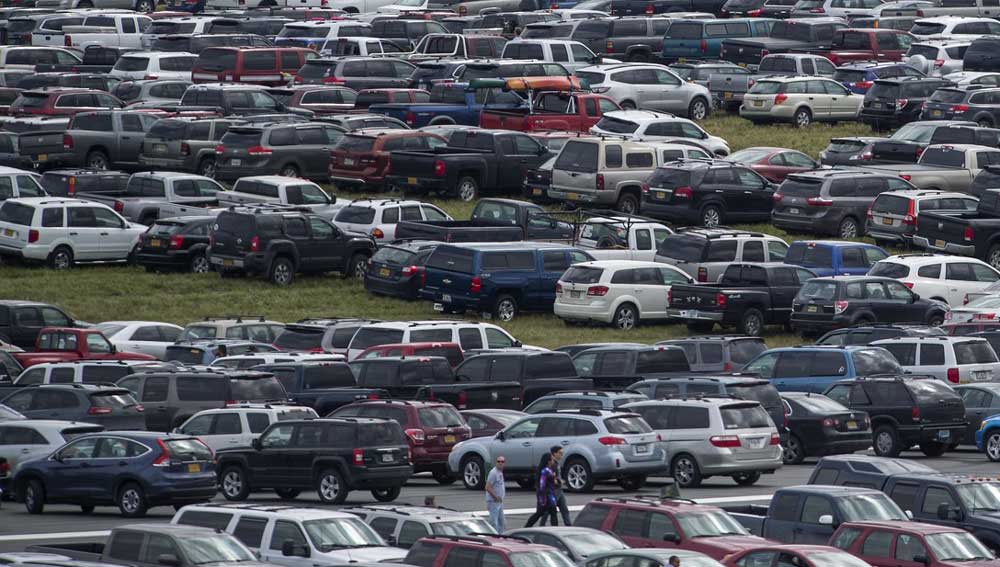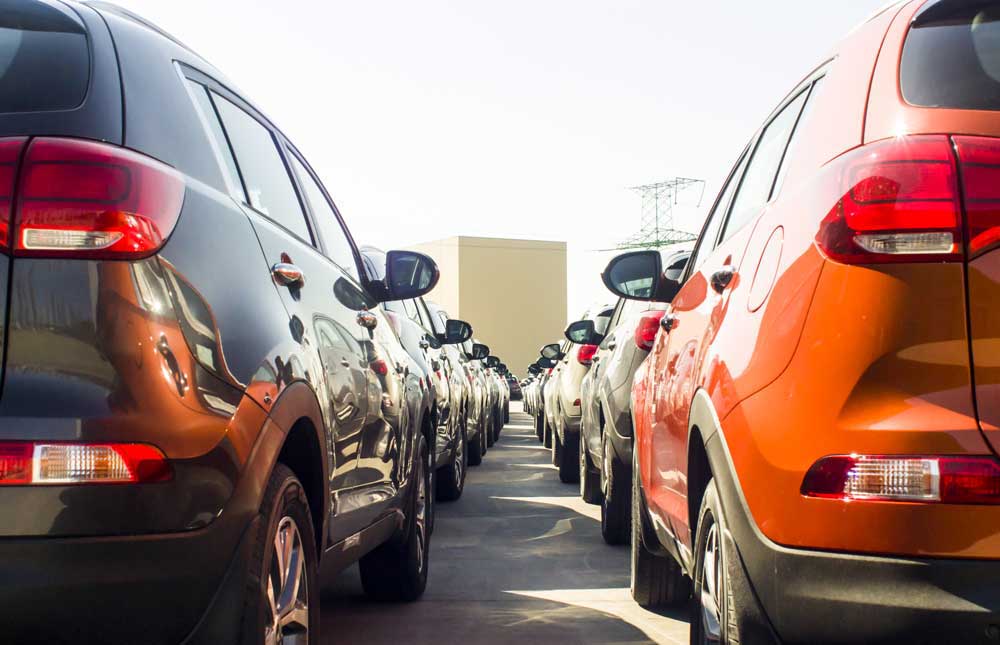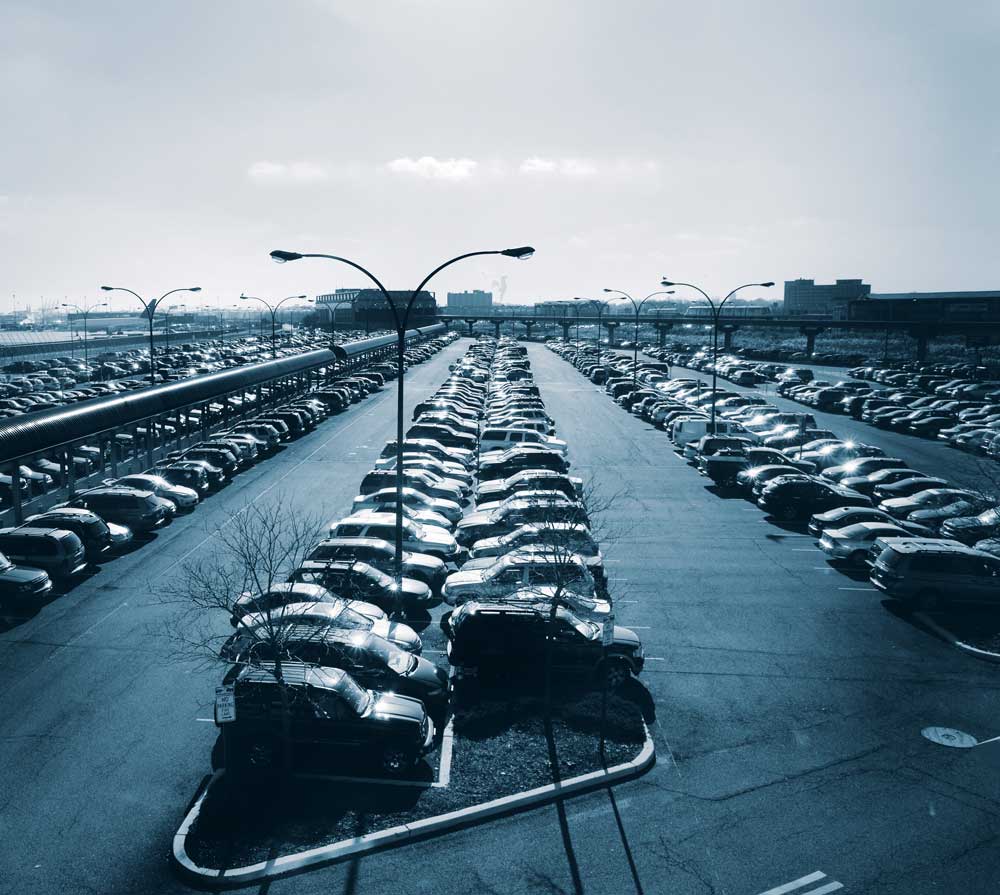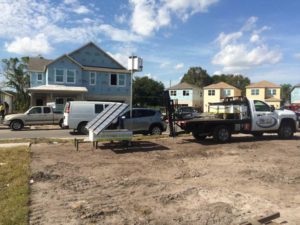According to recent statistics from the airline industry and the Transportation Security Administration (TSA), air travel has declined 96% as a result of the COVID-19 pandemic. This sudden halt on tourism and business travel is not only crippling the airlines, but it’s having a ripple effect on related travel industries, including car rental companies. If fewer people are flying, it only makes sense that car rentals would also plummet. In fact, according to a representative from the American Car Rental Association, nationwide car rentals have decreased by 80%.
Aside from the obvious revenue ramification, the lack of rentals has also created an acute vehicle storage problem – causing rental car companies to find alternative, and often insecure, lots for parking their vehicles. On the island of Maui, thousands of cars are being stored on abandoned sugar cane fields. In Phoenix, rental companies are parking unused vehicles in private lots throughout the city. In Los Angeles, Dodger Stadium has been turned into a storage haven for rental cars. And on it goes.
This temporary storage situation creates additional expenses and security problems. In fact, incidents of car theft has increased since the beginning of quarantine. Many of these makeshift storage facilities don’t have any security measures at all. Other lots owned by third parties might have some security measures in place, but will they be vigilant about protecting assets they don’t own?
Car rentals may have stopped, but commercial crime is spiking in many areas. It’s critical for car rental companies to secure their assets during this difficult time. Pro-Vigil’s mobile surveillance systems are a solution to this problem, because they can be deployed on-site in a matter of hours, providing 24×7 remote video surveillance and crime deterrence without requiring power, WiFi connectivity or personal intervention by customers.
Don’t add increased crime risk to the list of things you’re worrying about these days. Contact us today to see how we can help you secure both permanent and temporary storage locations – now and long after the COVID-19 pandemic comes to an end.








